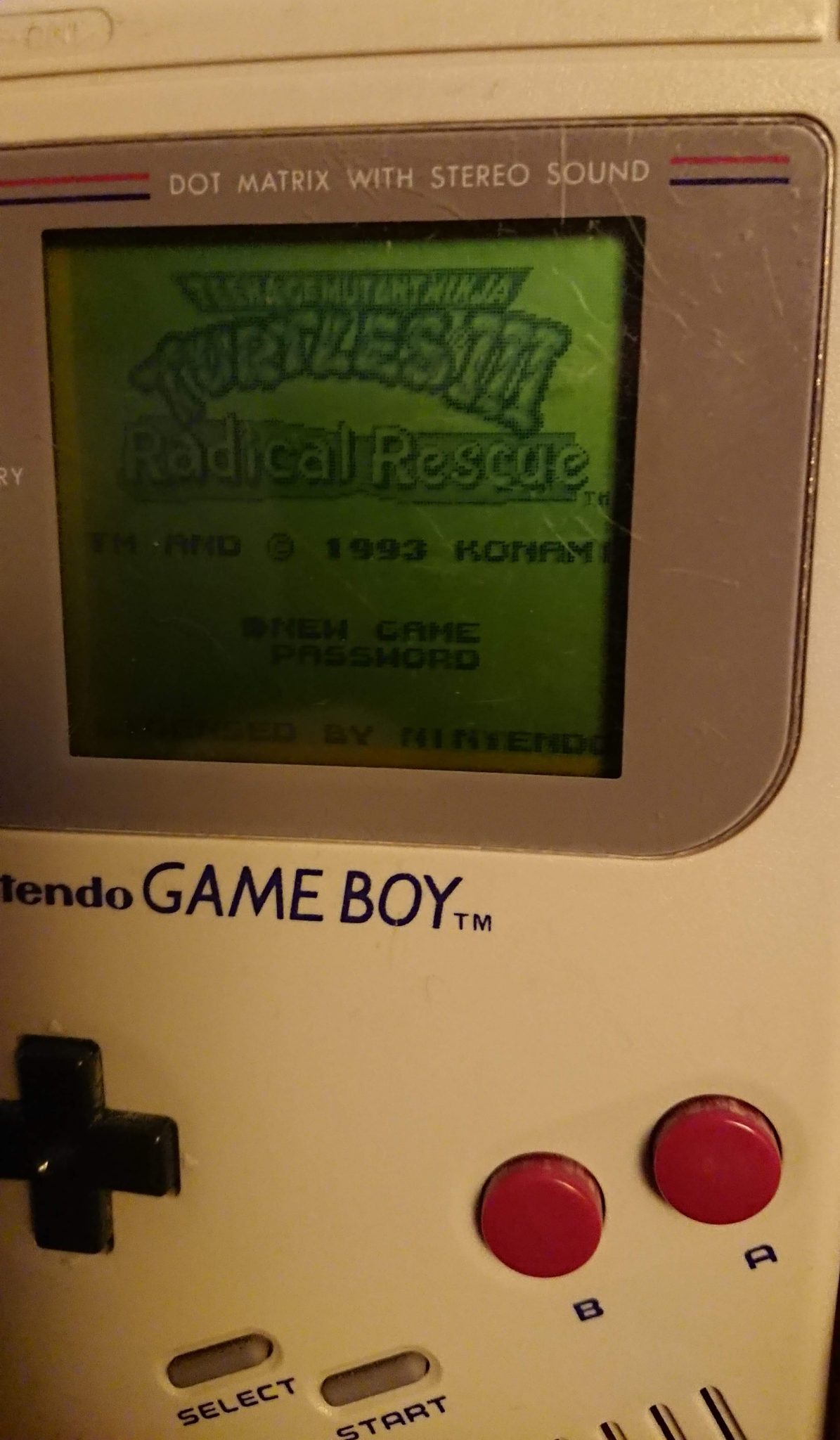
#Sunvox snes portable#
The "mod" file are really interesting as format because it is quite portable and you can dump instrument sometime ( depend on the tracker ). So for amiga like, IIRC, it is only sample, so you have to collect sample from everywhere from the internet or collect "mod" file which contain sample and parameter (instrument) connected to the sample.

Each tracker as it's own way to make music. I think I have not fully reply to your question. Hope the best for you, find your way thru the jungle I think you need to discover using those tracker if you want to make sound "from a chip", or you want to use "kind of chip sound" from a sampler or synth engine. But I don't know if you can mix gb sound with megadrive for example. Or maybe try defflemask which support different sound engine on the same interface. You seem to say, you don't want to stick with only one kind of sound, so I think, sample tracker could be the way to go. defflemask ( maybe this one support multiple sound engine at a time or multiple instance, could be interesting to you )Īnd the other one which use multiple sound engine at the same time, but they are not chip related IMHO : chip sound : goatracker c64, adlib tracker (opl)

There is different kind of tracker on linux, if you want to use a desktoo/laptop.įor me there is tracker which has one sound engine at a time : I use Linux as well as Windows, so i'm quite open to all suggestions.
#Sunvox snes full#
Lastly, when it comes to trackers, what would you guys recommend? Is renoise a good choice? does it offer support for multiple chipsets and platforms? nes, amiga, atari, gameboy, etc? It seems like a modern daw/tracker that still stayed true to its roots and even allows the user full control via the keyboard which I thought was great. (surely i'm not the only one with this habit?) lol I've always had a hoarder mentality whenever it comes to hobbies, so if this was the case, I would probably just ended up spending most of my time trying to collect as much sounds as possible instead of focusing on actually making music. I guess my main question is, when using a tracker and producing chiptunes, are all the sounds at our disposal? or do we have to personally acquire and build up our collections of sounds from samples, etc? This is my primary concern. In addition, how does it actually work? Let's say we're talking about the Amiga chip, does the program assign a command or number to every permutation of sounds that the chip is capable of producing ? or are these sounds actually recorded into samples by people from games overtime and grew as a collection? are there any trackers that are able to utilize sounds from multiple chisets and platforms? But let's say if i'm not hung up on limiting my chip music to a specific chip or hardware, but instead want to be able to use all the sounds from various platforms while making my tunes. Now, about trackers, I know that some trackers are dedicated to certain chip correct? That there are trackers specifically for making the Amiga sound, the NES sound, the Gameboy sounds, c64 sounds, etc.

#Sunvox snes software#
I know that when it comes to creating chipmusic, there's many ways to do it while using a gameboy handheld with LSDj might provide you the luxury to do live performances, on the other hand, using a tracker software can also prove to be very enjoyable as well as it provides a better interface and workflow.Ĭurrently I'm thinking of starting out with a daw or a tracker in order to get my feet wet, and keeping the gameboy + LSDj option open for down the road I'm a programmer as well and very interested in the demoscene, so doing everything via the computer is something I quite enjoy. Sunvox is a great piece of software and the pi3 runs it well.As someone who grew up in the Nintendo, Super Nintendo and warez cracktro era, the sound of chiptunes is somewhat of a nostalgia for me. I am happy with the final build (the kids love it), it sounds great and has USB, RCA and power on the back, foot pedal socket and USB on the side. I butchered the speakers and mounted them, got a 7″ touch screen for the pi and an IQaudIO sound card and finally finished with a spray paint of nice orange to match the speakers. With a sheet of MDF and some white acrylic I began cutting and bending! I stripped down the midi controller and soldered a usb lead directly onto the control board so it could be plugged into and power by the pi. I found a cheap USB midi controller on eBay and a cheap pair of USB speakers, the speakers where a nice retro orange so that set the style. I have always loved the sounds and looks of modular synths and got an idea for this Christmas project, the plan was to use a Raspberry Pi that I had and build some sort of synth/keyboard. This blog is going to be a place for me to log my projects, starting with my first build, a Sunvox Synth.


 0 kommentar(er)
0 kommentar(er)
